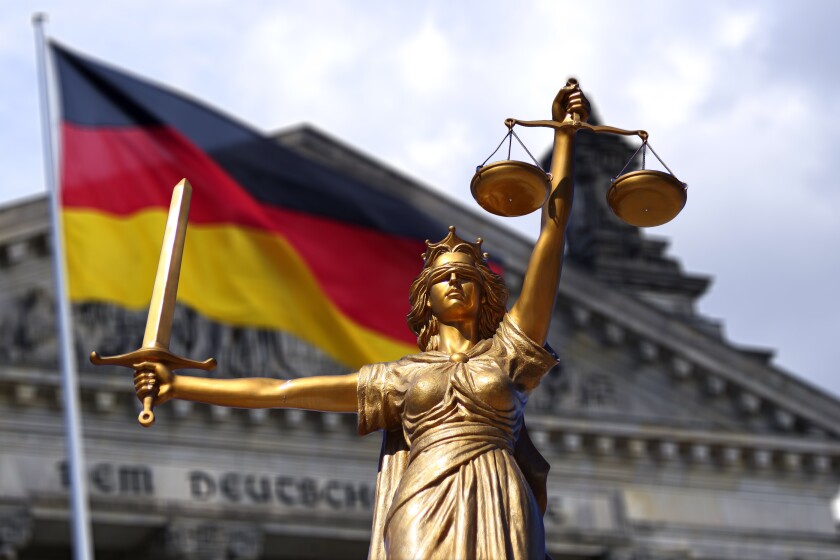In a judgment on November 14 2023 (docket no. X ZR 30/21), the German Federal Supreme Court (FSC) clarified its case law on the calculation of damages for patent infringement using the so-called infringer's profit method.
According to this method of calculation, the infringer must surrender the profits made by infringing a patent. In the underlying case, the defendant was found to have infringed a patent relating to an upholstery machine.
The defendant manufactured and marketed such machines, including through leasing, and offered paper for use in its machines. The FSC ruled that the infringer's profits to be surrendered were not limited to the proceeds from the sale or lease of the machines – i.e., the infringing acts themselves – they also include profits from ‘ancillary’ activities that do not constitute acts of use but are causally linked to acts of patent infringement and have a sufficient connection to the infringing product.
The FSC held that profits from the supply of consumables (i.e., paper) and from the conclusion of leasing and maintenance contracts for the upholstery machines could also be included in the calculation of the infringer's profit.
Furthermore, the FSC emphasised that this even applies to the supply of consumables and the conclusion of leasing and maintenance contracts made after the expiry of the patent, provided they relate to sales or leases of machines that took place during the term of the patent.
Implications of the ruling
The judgment relates to a specific case with its underlying facts. It therefore remains to be seen to what extent the FSC's reasoning can be generalised and applied to other cases. However, on the face of it, the FSC judgment seems to imply an extension of liability for damages, at least for certain types of business models. Companies offering not just a single product but an entire ecosystem should be aware that their exposure to damages may increase as a result of this new case law.
It is possible that not only sales of the infringing product but also sales of related consumables, peripherals, and ancillary services may be taken into account in the calculation of damages. In addition, liability for damages in relation to such ancillary sales may not end with the expiry of the patent but may continue for the life of the infringing product.
However, it remains to be seen whether the case law will actually lead to an extension of liability in individual cases. First, a sufficient causal link between the patent infringement and any ancillary transactions will have to be established on the basis of the specific circumstances.
Even if such a causal link exists, this does not say anything about the amount of damages to be paid. According to German case law, the infringer's profit has to be surrendered only to the extent that it is causally based on the infringement.
This ‘causality share’ is usually only a fraction of the sales price of a device, since the customer's decision to buy a device usually depends on many factors other than the patented technology, such as product design, quality, and brand. The same must apply to profits from ancillary business. Against this background, the factors determining the share of causation will have to be assessed on a case-by-case basis, and the damages awarded may ultimately not be as high as the patentee might have hoped.













